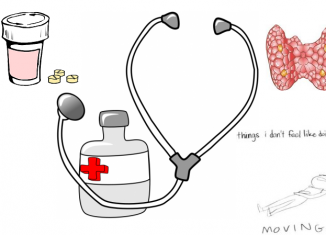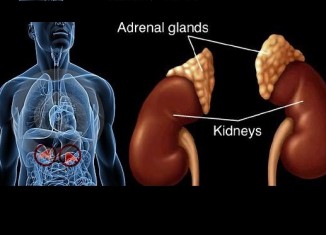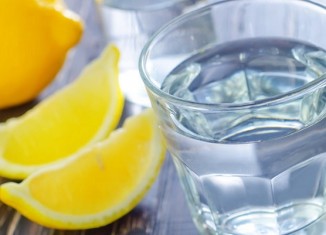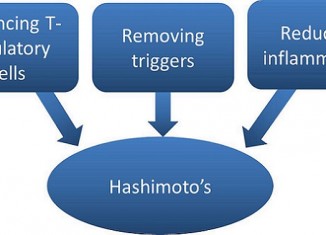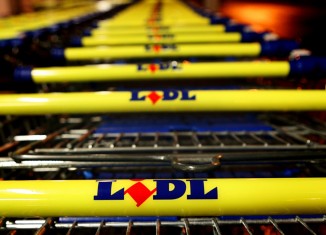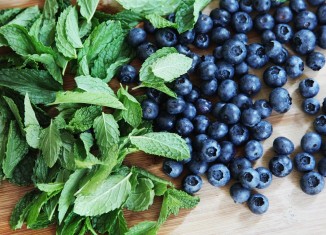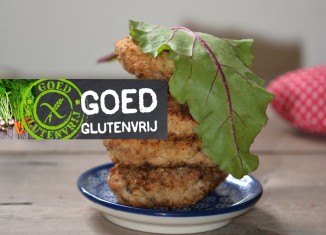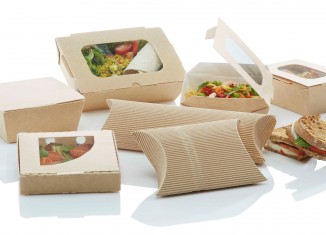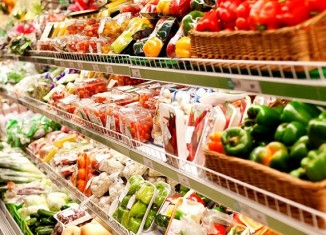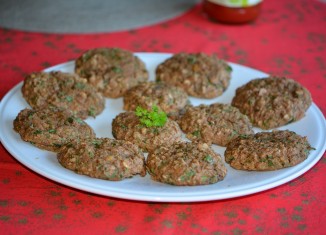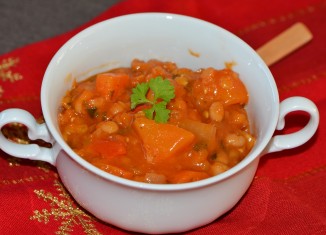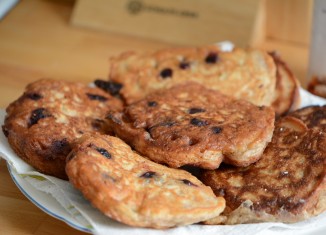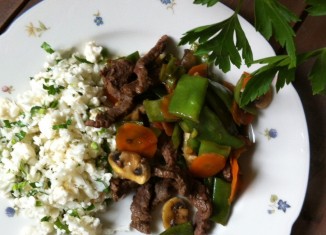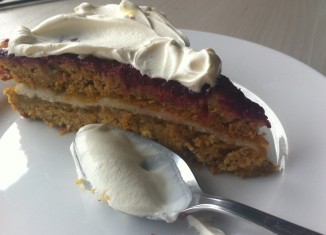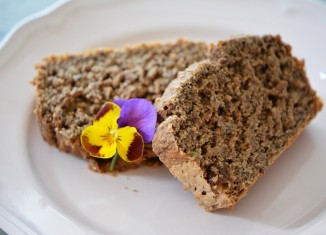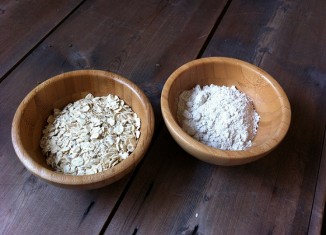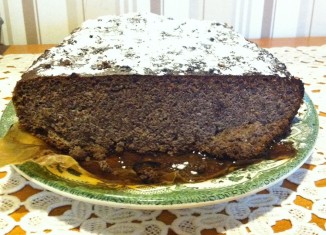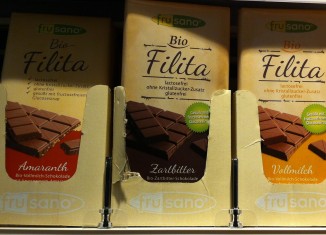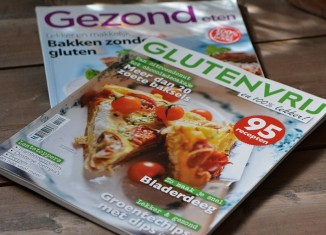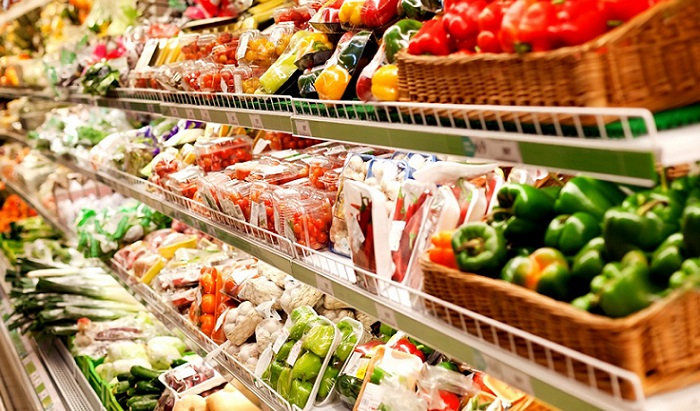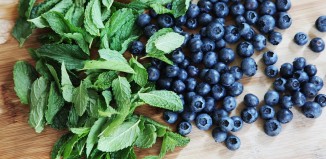People with autoimmune condition have prolonged inflammation state in the body. Such a long lasting inflammation creates huge amounts of free radicals, unstable molecules that damage our cells and contribute to formation of the inflammatory chemicals. It is a kind of a vicious circle that leads to development of diseases.
Luckily we can influence (partly) and reduce the negative processes that take place in our body. We can do it by making responsible choices of foods (a few good tips in my previous post).
Every food product has pro- and anti-inflammatory properties. It doesn’t mean that we have to eliminate the pro-inflammatory foods but learn how to use them correctly. It is possible to eat everything (almost) by keeping equilibrium between the pro-inflammatory and anti-inflammatory substances in the body.
Factors deciding whether food is pro- or anti- inflammatory
- Amount and type of fats
– Monounsaturated fats (olive oil, olives, avocado) are better than saturated fats (animal fats, dairy).
– Trans-fatty acids (chemically altered by heat or hydrogenation) like margarine or deep fried foods disrupt cell functions and the balance between fatty acids; they are strongly inflammatory.
– Grape seeds oil, sesame oil, walnut oil, sunflower oil – have very high ratio of Omega6 to Omega3 which makes them inflammatory foods.
– Best amount of nuts / day is just one handful.
- Antioxidants
– Antioxidants (e.g. vitamin C and E, selenium, beta-carotene) neutralize free radicals and thus fight the inflammation.
- Vitamins
– Vitamins B6, B12 and folic acid have an anti-inflammatory effect due to suppressing activity of the amino acid homocysteine (which is an inflammatory factor).
– Vitamin K reduces inflammation (e.g. kale, broccoli).
– Vitamin C is a water soluble antioxidant thus neutralizes free radicals.
– Vitamin E is soluble in fat (nuts, oils, seafood, avocado) neutralizes free radicals.
– Beta-carotene (precursor to vitamin A; fat soluble) in sweet potatoes, carrots, leafy greens, squash and melon – neutralizes free radicals.
- Minerals
– Selenium – neutralizes free radicals, acts anti-inflammatory.
– Zinc – it is a helper nutrient that supports action of antioxidants.
- Phytochemicals
– Foods with anti-inflammatory compounds (e.g. turmeric, ginger, chili peppers, garlic, and curry) strongly reduce inflammation.
- Amount of sugar and how fast it is metabolized
– Sharp spikes in blood sugar can create inflammation in the body.
– Serving size is very important. Desserts should always be eaten in moderation.
– Fruits high in sugar are inflammatory (especially juices!). However, full fruits are also great sources of antioxidants, vitamins and minerals. On the inflammation free diet, 2-3 fruits / day are advised.
- Preparation technique (cooking and processing alters all above factors)
– Deep fried foods should be avoided.
Fatty acids promoting the cellular anti-inflammatory chemicals
– EPA (Eicosapentaenoic acid from Omega3 family) – salmon, tuna, herring;
– DHA (Decosahexaenoic acid from Omega3 family) – salmon, tuna, herring;
– GLA (Gamma-linolenic acid) – seeds of the evening primrose and borage plants;
Fatty acid enhancing production of pro-inflammatory chemicals
– ARA (Arachidonic acid from Omega6 family) – eggs, dairy, organ meat;
In a post ‘Gluten-free grocery shopping’, I have listed a number of food products which should benefit a Celiac’s health. I also pointed out which nutrients (fibers, proteins, fats, phytonutrients etc.) support the healing process and which might inhibit it.
*Please, keep in mind that everyone’s body chemistry is different. What is considered healthy for one person might not be healthy for another person. Each person has its unique sensitivity level to the gluten contamination or other food sensitivities. I suggest to listen carefully to how your body reacts to individual foods.

